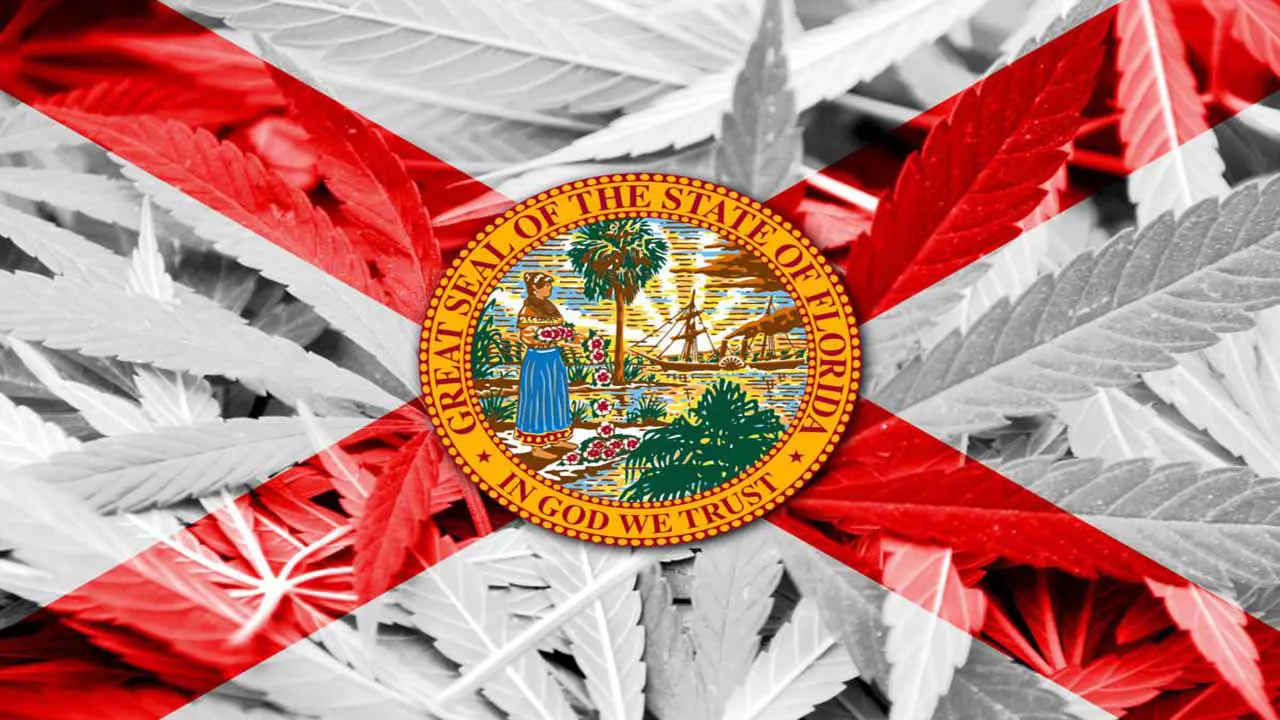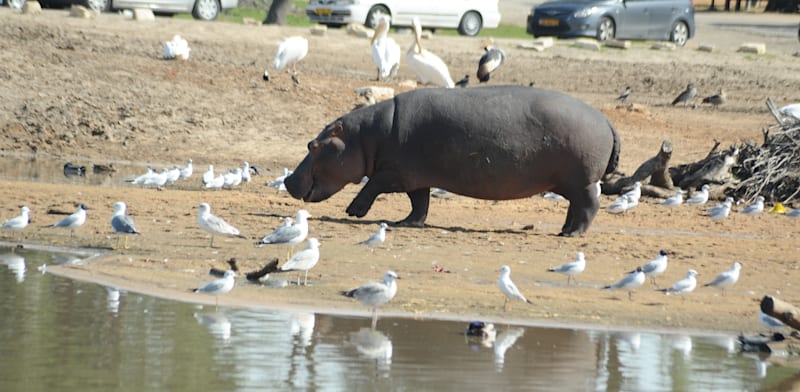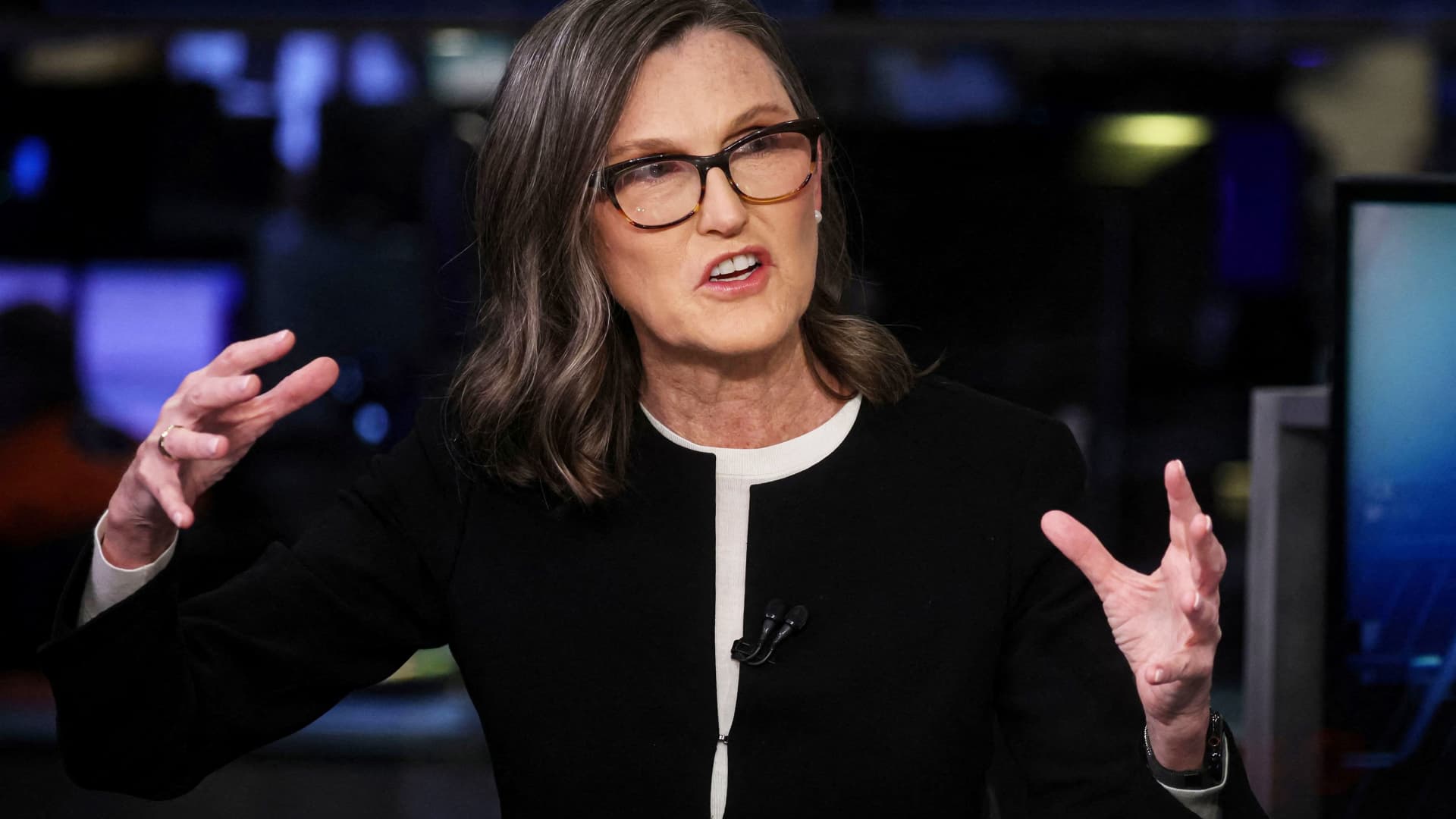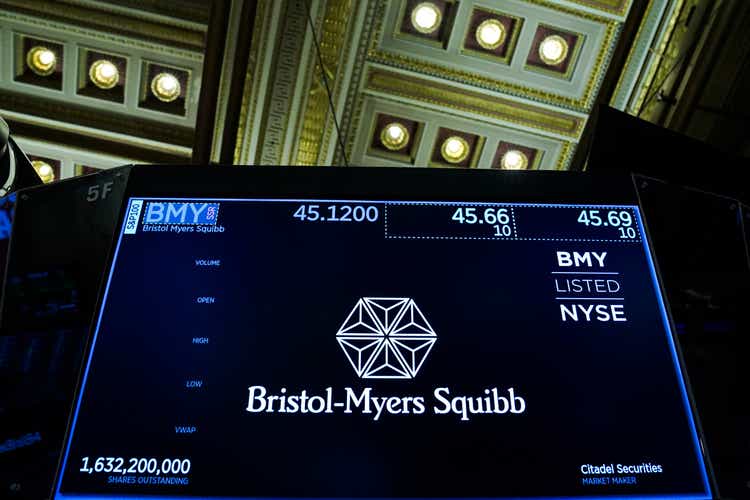Raising concerns that India signing the pact would raise the cost of agricultural production, and lower the regulatory barriers to trade of genetically modified seeds, crops and food, they said: “We urge India to not join the trade pillar citing geo-political considerations and without analysing the full implications of the agreement”. They said that under the trade pillar of the pact, while India will not have to make direct tariff cuts, the IPEF will still extract commitments.
The IPEF’s four pillars- Trade, Supply Chains, Clean economy and Fair economy- will include provisions on multiple sectors including agriculture, fisheries, manufacturing and services, farmers, workers and women.
“In particular, the IPEF will also impact policies related to the digital economy, environment and sustainability, taxation and finance among other issues,” civil society said.
The farmers’ outfit said that India joining the trade pillar facilitate the entry of US-based agri-tech firms, and agricultural production suppliers of retail services and infrastructure services into the country.
“Given the large number of deep problems we expect from IPEF, we request the government not to join the trade pillar and cancel all IPEF negotiations as soon as possible,” said Samyukta Kisan Morcha in a letter dated May 26, to Modi and Goyal.
It argued that legally binding rules on e-commerce being pushed through IPEF will have immense implications for India’s agricultural policy and practices, destroy the decision-making ability of not only governments but also farmers and consumers, with “major consequences for their livelihoods, production practices and consumption patterns”.“This will also allow entry of MNCs into food retail through the e-commerce route,” the Samyukta Kisan Morcha cautioned.
Moreover, the IPEF members’ requirement to sign on to the International Union for the Protection of New Plant Varieties (UPOV1991) will put under threat Indian farmers’ natural and legal rights over seed and planting material.
UPOV seeks to protect new varieties of plants by intellectual property rights and does not recognise farmers’ rights.
“The right of small farmers to save seeds cannot be negotiable under a free trade deal that will ensure monopoly control over seeds by MNCs,” the farmers’ outfit said.
As per the civil society, the “sustainable practices” under IPEF may bring in gradual enforcement of disciplines on subsidies to the agriculture sector. Several provisions will impact regulations related to seeds, pesticides, export restrictions, and investments in productive resources, it cautioned.
Non-transparent negotiations
Civil society said that the agreement has happened “without due consideration and parliamentary scrutiny in terms of IPEF’s implications for India’s economic and development policy space”.
The IPEF trade pillar specifically includes provisions related to labour, gender, and environment, which India has opposed in its trade negotiations.
Stressing that IPEF is more “intrusive” than Free Trade Agreements (FTAs), the civil society said that it is likely to push US interests not through direct market access channels, but through changing regulations and standards, which would then indirectly lead to market access in the second stage.
It also does not talk of waiving intellectual property rights in favour of ensuring transfer of environment friendly technology or even for ensuring access to medicine.
“Despite the so-called stakeholder consultations, the IPEF remains a non-transparent and undemocratic trade agreement that is almost unilaterally designed and promoted by the most powerful economy in the world,” the civil society said.
The organisations also highlighted that it is belief among Indian trade officials that the IPEF will not be enforceable and is a “soft” agreement which can be negotiated and finalised quickly as it does not pose any legally binding commitments.
However, the IPEF will include ‘high- standard commitments that will be enforceable’ and India will have to comply with any commitments it makes, they cautioned.
All India Drug Action Network, All India Kisan Sabha, Bharatiya Kisan Union, Amazon India workers association, Kerala Coconut Farmers Association, and Rashtriya Kisan Mahasangh, among others are signatories to the civil society letter.
















